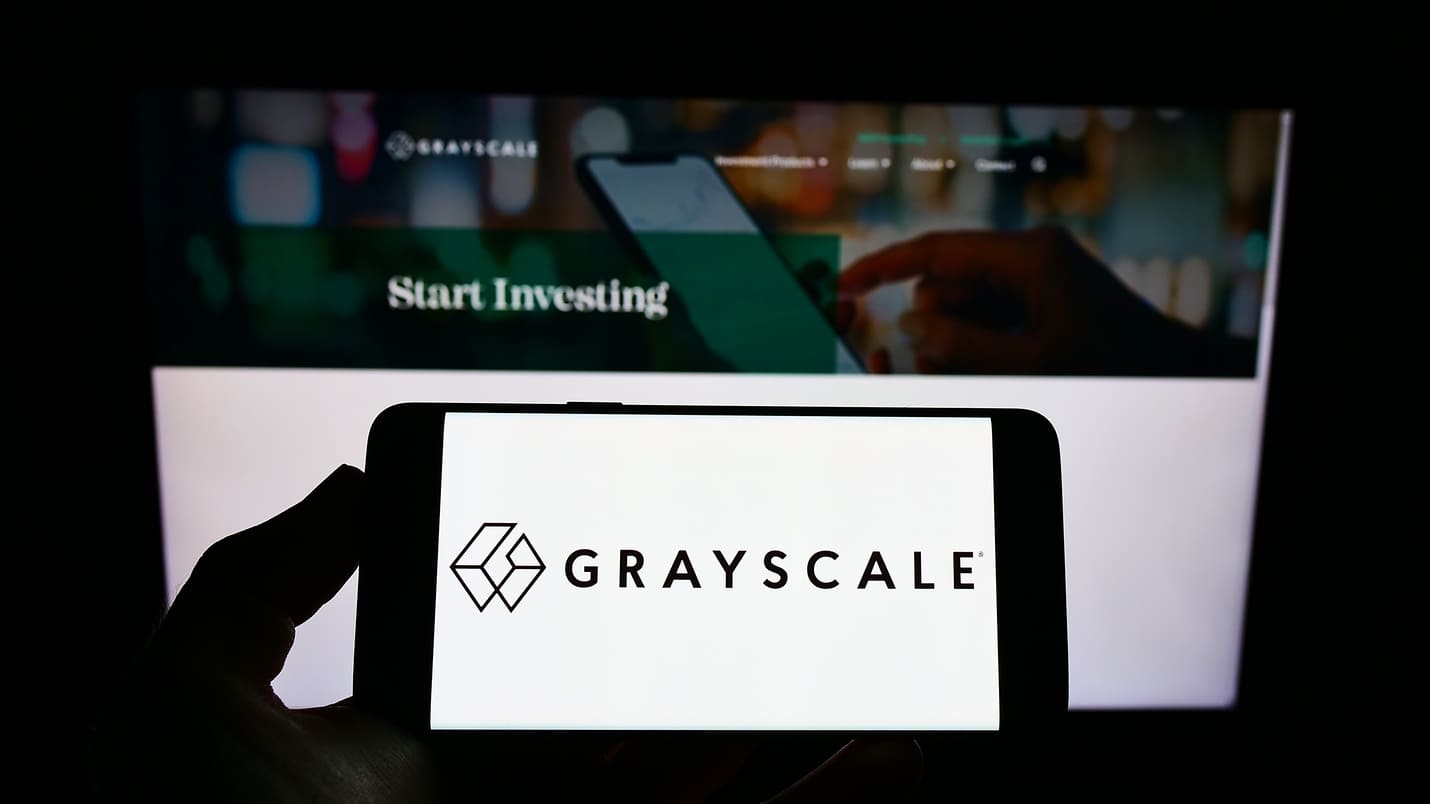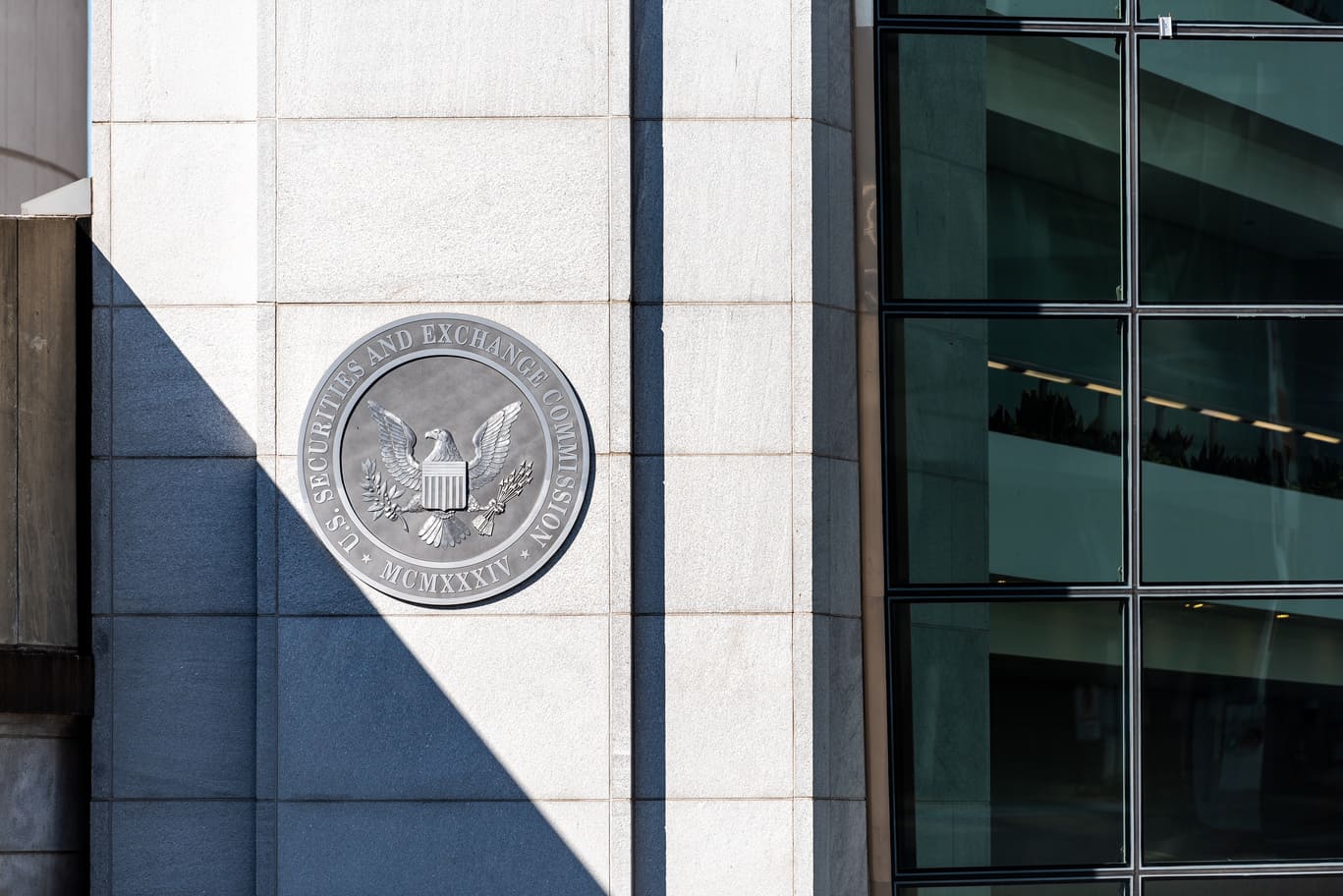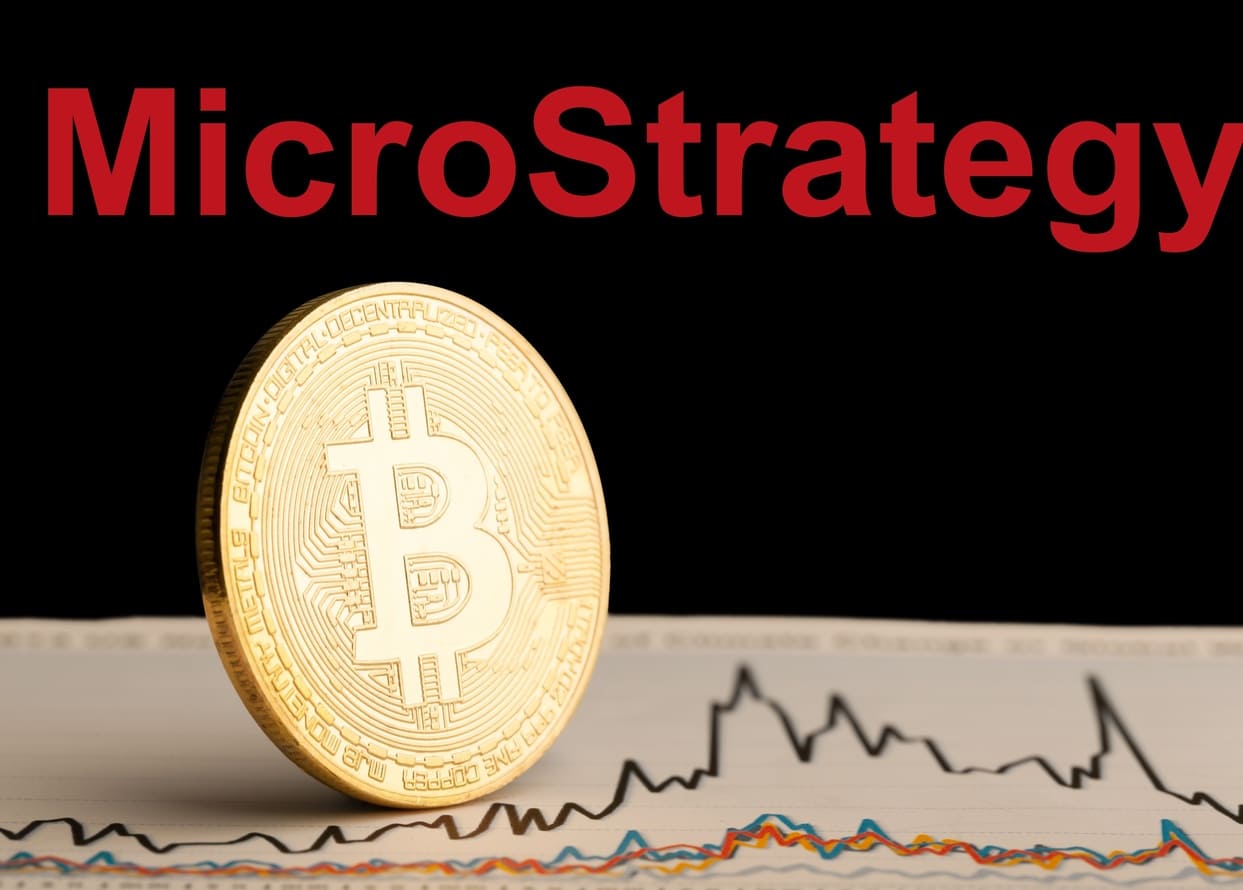
Coinbase Petitions US Regulators to Recognize Staking Services as Separate from Securities Offerings
The crypto exchange urges SEC to clarify Howey test criteria and avoid pushing innovation offshore.
Coinbase has submitted an 18-page document - called a 'Petition for Rulemaking' - in an attempt to convince regulators in the United States, and in particular the Securities and Exchange Commission (SEC), that staking services are not securities offerings and should not be subject to the same regulations as securities.
The company's comment letter highlights the complex nature of staking as a concept and stresses that it is not a single entity. While certain staking models may qualify as investment contracts, others may not. Specifically, Coinbase argues that basic staking services do not meet the criteria of the Howey test used by the SEC to determine whether an asset is a security.
"The risk of getting regulation wrong is that innovation moves offshore to jurisdictions that do get it right. The US is competing with the EU, UK, Hong Kong, Singapore, UAE, and a host of other countries that are racing to establish crypto hubs by proposing clear regulatory frameworks. Letting critical infrastructure migrate to other jurisdictions – the validators that are paid through staking services – because rules in the US are inappropriate is unnecessary," Coinbase commented in the petition.
In addition, Coinbase's Chief Legal Officer, Paul Grewal, has argued with the SEC, explaining in detail the reasons why basic staking services do not constitute an offering of securities.
Today, @Coinbase submitted a comment letter to our July 2022 SEC petition for rulemaking. We explain why core staking services--those that serve as a pass-through for rewards--are not securities offerings. https://t.co/Xzz21B9AkS 1/25
— paulgrewal.eth (@iampaulgrewal) March 21, 2023
“Paying someone a fee to take a chore off your hands doesn’t make something a securities transaction,” said Grewal. “If you hire a mechanic to fix your car, you are relying on the efforts of others. If you hire an accountant or use software to do your taxes, you are relying on the efforts of others. None of these involve a securities offering” he added.
“Users of core staking services don’t make any kind of investment. They stake their assets – in just the same way they would if they were staking on their own – and retain ownership of them. And they pay a fee. There is no investment, no financial risk,” the Chief Legal Officer of Coinbase pointed out, adding that they aren’t “bound to each other or a service provider at all. Every customer could leave, or the whole service provider could shut down, and the user would still own the staked assets, just as before, and be able to go stake them somewhere else. This is the same as the relationship between customers of any service and the provider, or among the customers themselves.” According to Grewal, “using a staking service as a convenience, to avoid having to own and maintain the equipment necessary to stake your own assets, is a service that relies on the efforts of others, but these efforts are not managerial. There are no business decisions being made.”
“Declaring staking services to be securities contrary to the law does not serve any purpose of protecting of investors, promoting market efficiency, or encouraging capital formation in the US economy,” Grewal concluded. “Proof-of-stake is an important development in blockchain technology, and the world is not waiting for the US to figure out what it’s going to do. If the US doesn't provide leadership, industry will move somewhere that does--even if those places lack US market standards.”
Furthermore, the Coinbase CLO disputed a statement made by the SEC last month regarding the regulatory resolution of cryptocurrency exchange Kraken. Grewal believed that the SEC's statement contradicted the settlement agreement because it did not involve any staking services other than those that Kraken had previously provided.





